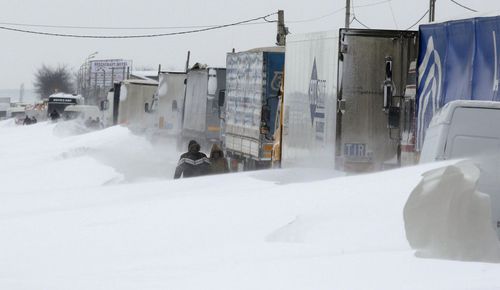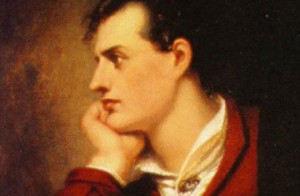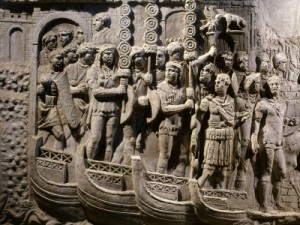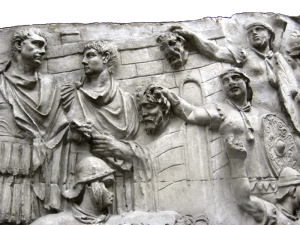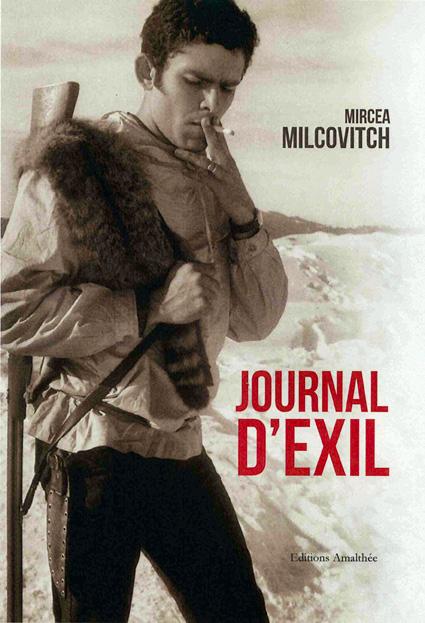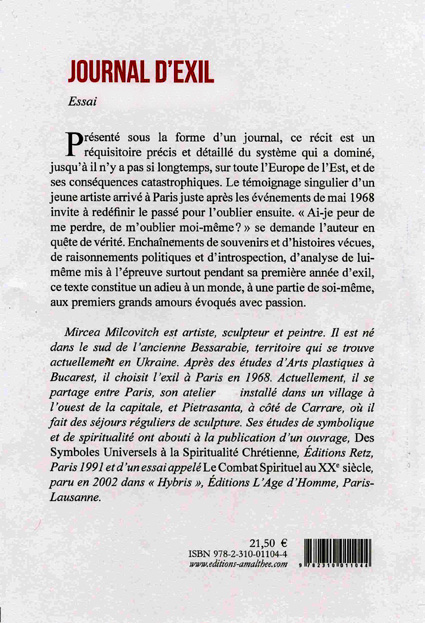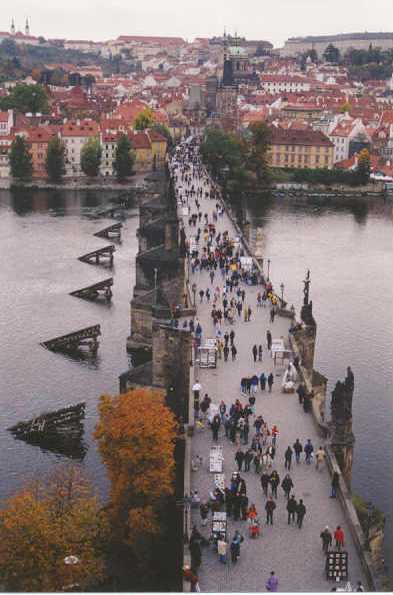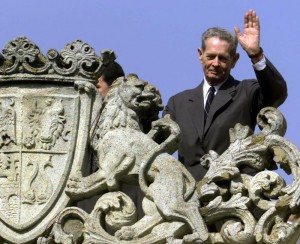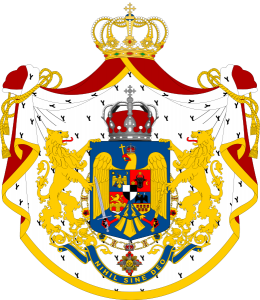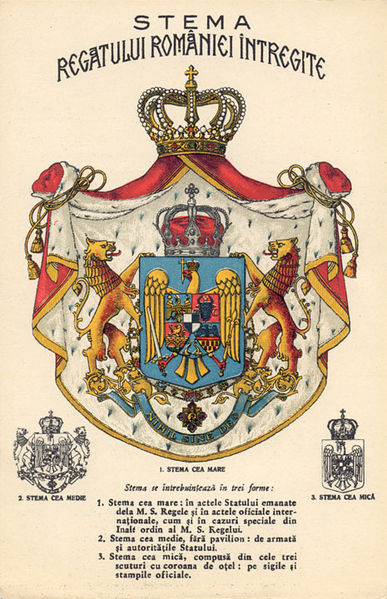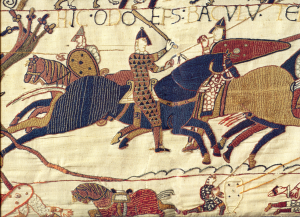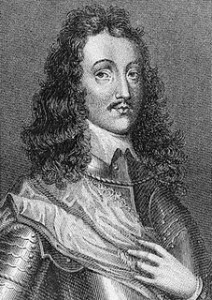
Domnikios et Tovaras
Les Domnikios ont été des seigneurs depuis des temps immémoriaux : ils sont toujours venus au monde pour être des seigneurs. En vérité, ils se vantaient de descendre en droite ligne des empereurs byzantins et, à travers eux, d’une foule d’empereurs romains et de figures mythiques de l’Ancien Testament, allant ainsi jusqu’à Adam. À une époque plus récente, celle dont le souvenir garde la trace, il a été reconnu que les Domnikios ont continûment régné sur la principauté de Domnikia, quelque part dans les terres sauvages du tourbillon balkanique — et ce n’est qu’un débat académique que de savoir si la principauté de Domnikia a ainsi été nommée d’après les Domnikios, ou si, au contraire, les Domnikios ont emprunté ce nom aux terres sur lesquelles, des siècles durant, ils on régné sans partage en Despotes ou DOMNI. Car il y a ici un autre mystère quant à l’origine de ce nom dont les Domnikios sont si fiers : leurs hagiographes affirment sans l’ombre d’un doute que le mot « Domnikios » proviendrait du mot latin DOMINUS, contracté, des siècles plus tard, en « DOMN », ce qui signifie « seigneur » dans la langue vernaculaire domnikienne. Et cela démontre avec force que les Domnikios étaient destinés à être des chefs. Mieux encore : comme le latin « Dominus » signifie « Dieu », l’ancienneté domnikienne implique le fait qu’au début, ils étaient aussi des Dieux, ou des Dieux-régnants à Domnikia. Ainsi le veut la tradition depuis la plus haute antiquité, lorsque les attributs des souverains absolus se confondaient toujours avec ceux de la divinité. C’est pour cela que les prières orthodoxes domniqiennes s’ouvrent à chaque fois sur la phrase :
« Au commencement, ce fut Domn, et Domn était Dieu, et Dieu était Roi, et ils n’étaient qu’une et unique Foi, et cette Foi s’appelait Domnikios, le Dieu-Roi qui régnait sur Domnikia. »

Rien ne saurait être plus différent des Domnikios que les Tovaras : ceux-ci n’avaient ni ancêtres ni histoire — ils étaient des parvenus. En fait, les Tovaras savaient — et, à leur tour, les Domnikios ne le savaient que trop bien — que les Tovaras étaient contemporains des Domnikios, puisqu’ils avaient été créés à la même époque, et que leur destin était d’être « le sel de la terre » mais qu’ils étaient devenus les esclaves perpétuels des Domni. Mais les Tovaras ne pouvaient le prouver, car ils n’avaient jamais eu une terre à eux, leur progéniture ne portaient pas des noms patronymiques, ils n’avaient jamais été mentionnés par les chroniques de la principauté domnikienne et, par conséquent, les Tovaras, tout simplement, « n’existaient pas ». Les enfants des Tovaras naissaient toujours esclaves, ils portaient toujours le nom de leurs mères, parce qu’ils ne savaient jamais qui était le père. En revanche, de temps à autre, on pouvait leur permettre de porter le nom de l’endroit où ils étaient venus au monde sur les terres domnikiennes. Mais, en dépit de ces circonstances, les Domnikios ne pouvaient survivre sans les Tovaras, car, ainsi que le veut l’ancienne sagesse, chaque chef a, par définition, besoin d’un serf, tout comme chaque fouet de cirque, afin de justifier sa raison d’exister, a besoin d’un lion dressé.
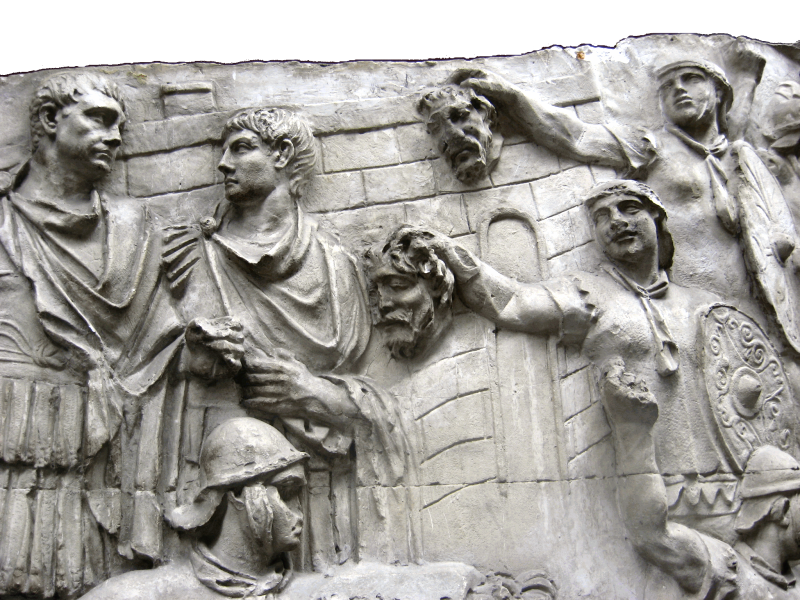
Mais il y a une chose bien plus profonde qui distingue les Domnikios des Tovaras : c’est le sens même de parvenu du nom « Tovaras », le fait que celui-ci ne puisse être rattaché à aucune tradition. Car l’étymologie de « Tovaras » n’est nullement latine, mais slave, et les Slaves sont arrivés tard dans ces lointaines contrées, très tard dans l’histoire de Domnikia. Ce sont les Slaves qui ont donné le nom « Tovaras » aux serfs sans nom, car ils semblaient peu engageants et ainsi ils les ont appelé « Tovaritch ». En fait, avant que les Slaves n’envahissent Domnikia, on appelait toujours les fils sans nom des traînées avec un court et tranchant : « Hé, toi ! », et les serfs rampaient avec empressement vers leurs maîtres. Mais, maintenant, que leurs terres avaient été piétinées et leurs attributs diminués, les Domnikios, qui ont toujours et de manière congénitale zézayé, ont édicté que les serfs devaient recevoir le nom de « Tovaras », comme une sorte d’acceptation de mauvaise grâce de l’intrusion slave dans les affaires féodales de la principauté domnikienne.
Et c’est ainsi que les malheurs ont commencé, et que les digues de l’Enfer se sont rompues, et nous allions assister à des siècles de guerres civiles entre les Domnikios et les Tovaras, que, de temps à autre, entrecoupaient de brèves périodes de coexistence durant lesquelles tous retenaient leur souffle.
En Français par Radu PORTOCALA
© Romanian Studies Centre, London 2003 &
© Constantin ROMAN

